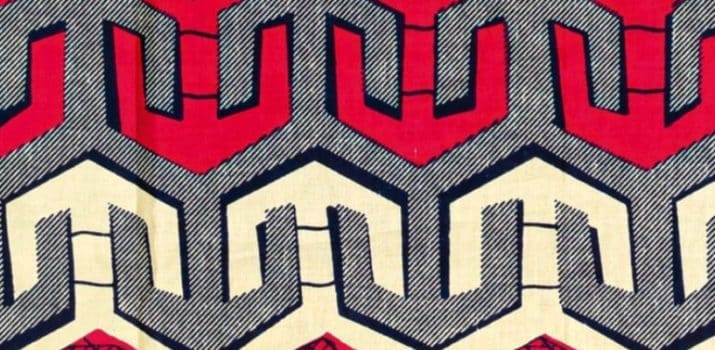Africana. Women’s figures and forms of power: after the exhibition, the book!


The BCUL’s Africanist library has recently been enlarged thanks to a gift from Professor Jean-Marie Volet. After leaving Switzerland in the mid-1980s, his academic career took place in Australia, where he discovered the literature of French-speaking African women.
3500 volumes – as well as boxes of the researcher’sarchives , the heart of the links forged between Australia and Africa – have made their way to Lausanne, where the “Pôle pour les études africaines” (Pole for African Studies ) exists in the UNIL Faculty of Arts. The latter examines representations and imaginaries in an interdisciplinary way, based on sub-Saharan French-language literature.
2020 was to be the year in which this collection would be showcased, with an exhibition, cultural events and an international symposium. The global pandemic decided otherwise. But theexhibition still opened in June 2020, and cultural evenings were held at the BCUL, Riponne site, with the fervor of the teams on site and a large public in attendance.
The international symposium was transformed into online workshops, with speakers from sub-Saharan Africa, the Maghreb, North America and Europe: Africana. Women’s figures and forms of power is the fruit of this metamorphosis, now a collective volume with 30 articles, interviews with authors and significant illustrations, the contents of which can be freely downloaded from the Classiques Garnier website.
Conceived in four parts proposing various forms of feminine power – the power to denounce, to participate, to choose, to resist – the feminine power is a powerful force. Africana. Women’s figures and forms of power examines the discourse surrounding the representation of sub-Saharan and diasporic female voices. At a time when gender stereotypes are being denounced worldwide, it seemed essential to analyze how ways of being a woman are asserted, negotiated or invented through literature or history, scholarly discourse or comics, cinema or the visual arts. The aim is to understand the issues at stake in feminism and gender according to the contexts in question, in a critical relationship with the European or North American hegemonic perspective. The diversity of critical approaches, spanning time and space, is enriched by exclusive interviews with writers Djaïli A. Amal, Bessora, Calixthe Beyala and Véronique Tadjo.
Enjoy your reading and your discovery!